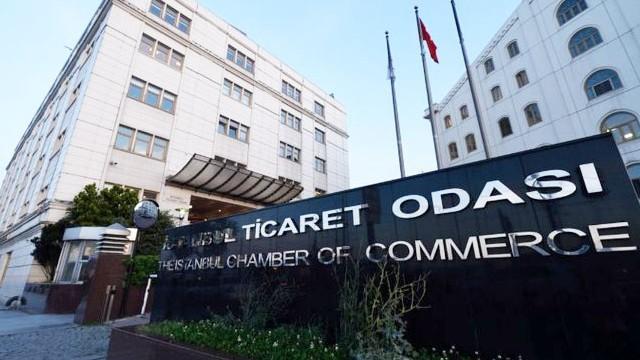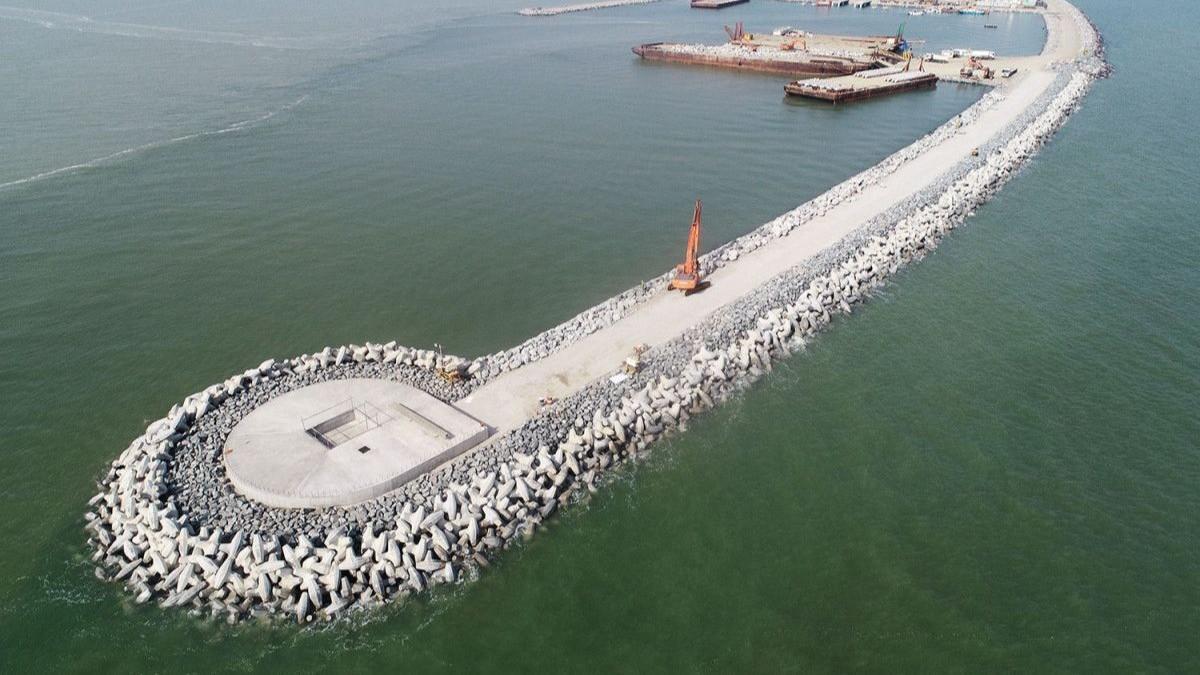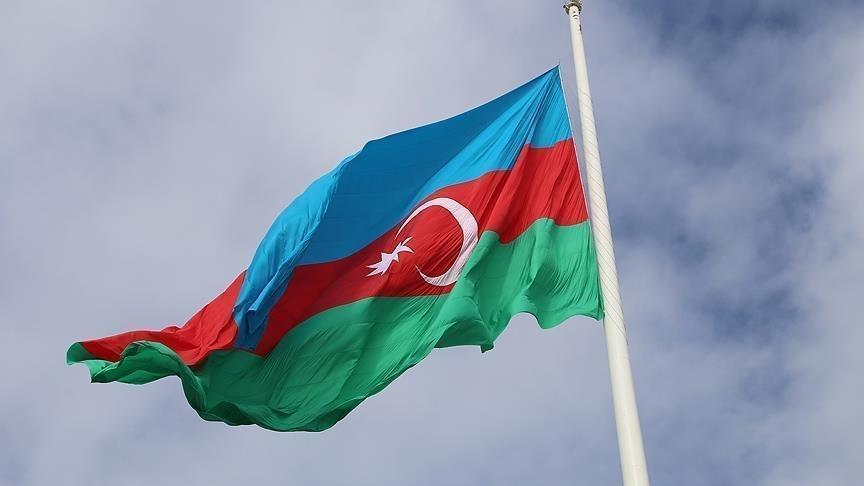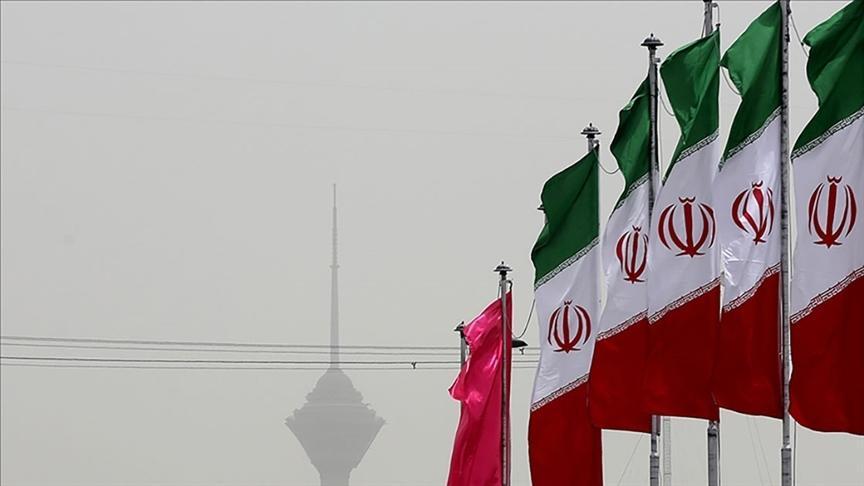Privatization to be accelerated again
Privatization efforts that had been hampered because of the effect of the global crisis will again be accelerated. The strong demand for the secondary public offering of Halkbank, which was finalized at the beginning of this week, gave hope to the economy administration.
It was stated that 140 international investors applied for the public offering of 23.92 percent of shares of Halkbank and the demand reached 11 billion Turkish Liras.
After this sale, it has been observed that the economy administration will accelerate privatization practices and has decided to exceed its targets for next year.
According to Finance Minister Mehmet Şimşek, the privatization of Boğaziçi and Gediz Elektrik electricity distribution companies are targeted by the end of this year. Also, by the end of the year, it is estimated that the bidding for the privatization of highways will be organized. Even if the tenders for these privatizations are finalized, because of the condition of the completion of the legal process, their revenues will inevitably be recorded next year.
The acceleration of privatization has huge significance for fiscal discipline. We know that the Finance Ministry, which had low tax revenue because of low growth, is in a difficult situation because of the halt in privatizations. Imposing new taxes and new price hikes in order to close the budget deficit has caused public reaction against the government and also caused the inflation rate to shift.
Minister Şimşek said that even though privatization revenue of 10 billion liras was estimated for 2012, only 1.8 billion liras had been transferred up until now. Beyond the 4.5 billion liras of revenue raised from Halkbank’s public offering, the achievement obtained was significant in the restart of privatization and for the budget.
The fact that Minister Şimşek said the revenue raised through privatization was to be used not to support expenditures but to protect discipline was hopeful for the future of fiscal discipline. However, we do not think the final decision here belongs to Finance Minister Şimşek.
Licenses for new banks
Meanwhile, we understand that a decision has been made to increase, in the next term, the number of banks in Turkey, which has been almost fixed for a long time.
In a statement at the beginning of the week, the head of the Banking Regulation and Supervision Agency (BDDK), Mukim Öztekin, said very serious national and international bank demand was present, and that banking licenses would be given to those among them that meet fiscal conditions.
The BDDK head said Bank of Tokyo, Mitsubishi Bank and Banca Intesa had applied for banking licenses, and negotiations with Standard Chartered and Rabobank were ongoing.
Besides these, there were also talks with Chinese, South Korean and Dutch banks, Öztekin said. He gave the green light for new licenses by saying, “The number of banks in Turkey is not large.” Öztekin believes the current number of banks in Turkey, which is 49, could go up to 60.
There is the effect of international rating agency Fitch’s “investable” country outlook for Turkey in all these developments, but the main reason is that Turkey was able to maintain its economic balances during the crisis. For the continuation of positive developments such as the acceleration of privatization and demand for new banks, it is a must that fiscal discipline and economic balances are maintained.











